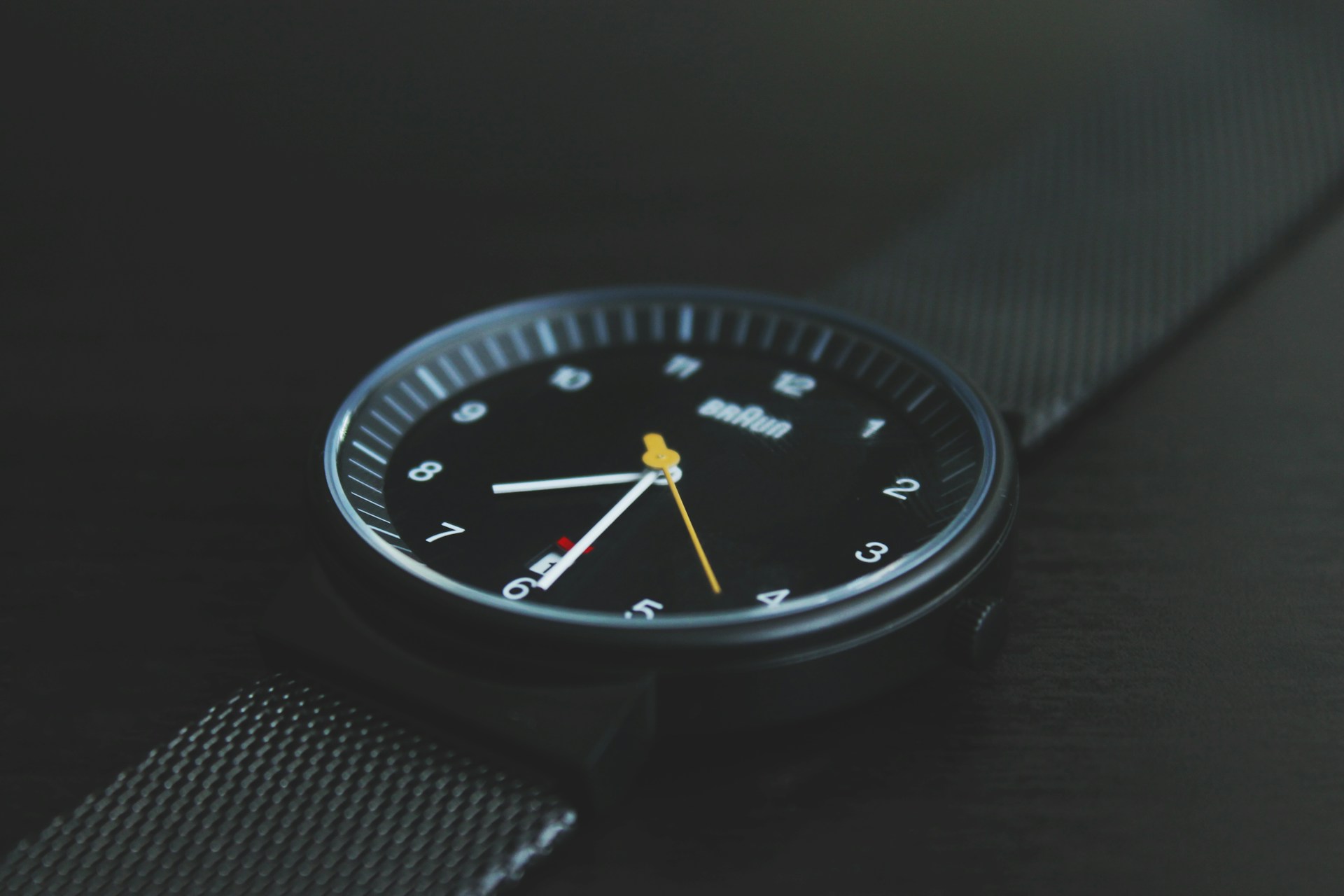In the world of Android smartwatches, battery life has always been a major concern. However, Mobvoi's latest offering, the TicWatch Atlas, is set to change the game with its innovative dual-display technology that more than doubles battery life.
Priced at $349.99, the TicWatch Atlas boasts a unique combination of Wear OS 4, a sapphire glass display, and a Qualcomm Snapdragon W5 Plus Gen 1 chipset. The watch's dual-display technology features a primary OLED display with a high 466 x 466 resolution, paired with an ultra-low power display that shows key metrics at a glance.
While the TicWatch Atlas may not have the same level of cellular connectivity as some of its competitors, such as the Google Pixel Watch 3, its exceptional battery life makes it an attractive option for those who value longevity. Additionally, the watch's rugged hardware features and safety features, including fall detection and emergency SOS, make it a reliable choice for athletes and outdoor enthusiasts.
The TicWatch Atlas's limitations, however, lie in its software. The watch comes with Wear OS 4, with no news on when it might receive an upgrade to Wear OS 5. This could be a drawback for some users, particularly when compared to the timely updates offered by Google and Samsung.
In conclusion, the Mobvoi TicWatch Atlas is a standout in the Android smartwatch market, offering unparalleled battery life and a unique dual-display technology. While it may not be the perfect choice for everyone, its rugged features and safety features make it an attractive option for those who prioritize longevity and reliability.



